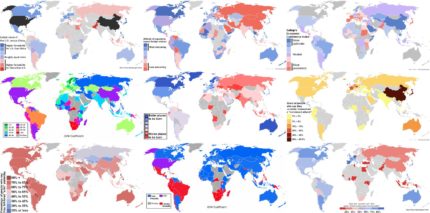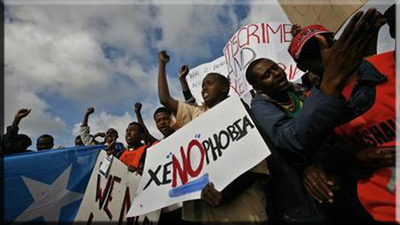This week in Dublin, world leaders, policymakers and civil society representatives met to discuss the urgent and interrelated issues of hunger, nutrition and climate justice that are facing the poorest people and nations. In parallel, the global community is already discussing the goals and metrics that should shape sustainable development after the millennium development goals expire in 2015.
It is time to place sustainable intensification at the heart of African agriculture, and ensure that development goals deliver on the agenda opened in Dublin.
Sustainable intensification involves producing more crops, better nutrition and higher rural incomes from the same set of inputs – such as land, water, credit and knowledge – while reducing environmental impacts on a sustained basis.
Sub-Saharan Africa faces specific and complex challenges. The number of hungry people in the continent rose to 239 million last year and 40 percrny of children under 5 years old are stunted due to malnutrition. Africa’s population is expected to almost double by 2050, bringing it to almost 2 billion people. Based on present trends, the current African food production system would be able to meet only 13 percent of the continent’s needs by 2050.
Despite this urgent need, African crop yields have been largely stagnant over the past 50 years. Less than 4 percent of farmland in sub-Saharan Africa is irrigated. Almost three-quarters of its soils are degraded due to years of planting crops without replacing nutrients; fertilizer use is by far the lowest in the world, with most farmers unable to afford it.
Yet the carbon footprint of African smallholder farming is low, and problems of eutrophication and other forms of agricultural pollution are less prevalent than elsewhere.
Read more on the guardian.co.uk


